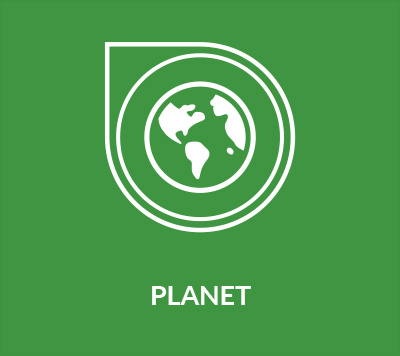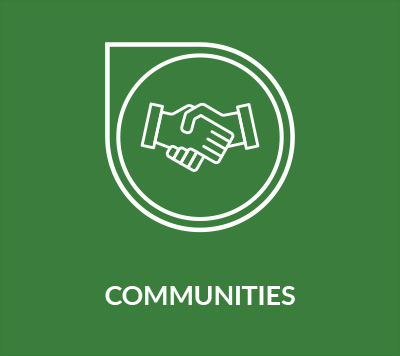‘Pescanova Blue’ Sustainability Programme
As defined in our Corporate Sustainability Policy, the ‘Pescanova Blue’ Sustainability Programme is the operational response of the Nueva Pescanova Group to the positioning of the pillars of its Corporate Social Responsibility (CSR) programme (these pillars are: Planet, People, Product and Communities).
This way, we want to contribute to the promotion of a culture of corporate responsibility based on the creation of shared value for the society and other stakeholders. For that, we work to preserve the natural environment everywhere we operate, to ensure the professional and personal development of our employees, to facilitate our consumers the access to seafood, and to contribute to the development of our partner communities.
The ‘Pescanova Blue’ Sustainability Programme promotes more sustainable operations and practices in their biological, environmental, technological, economic, commercial, and social aspects, through:
- The definition of five sustainability principles on sustainable sourcing, labour responsibility, responsible operations, more prosperous communities, and ethical and upright behaviour aligned with our obligations and objectives of regulatory compliance.
- A system to validate the evidence of sustainability of our seafood products in the environmental, social, and economic spheres.
- An integrated plan of initiatives designed to guide and document the responsible and sustainable use of natural resources and energy in all activities of the Nueva Pescanova Group companies.
Our vision of sustainability
At the Nueva Pescanova Group we align our Corporate Sustainability Policy with the Sustainable Development Goals (SDG) of the United Nations (UN) as framed in their 2030 Agenda. We recognize the principles of sustainable development and the definition of sustainability offered by the UN’s World Commission on Environment and Development (the 1987’s Brundtland Report) as “meeting the needs of the present without compromising the ability of future generations to meet their own needs.”
Sustainable development and responsible action are indisputable and essential aspects of the Nueva Pescanova Group’s business culture, moreover because our activities are determined by the extraction and/or consumption of natural resources, whether through the fishing and aquaculture farming, or the processing and commercialization of seafood.
The intrinsic value of natural resources must always be transferred to the final product offered to the consumer in a responsible way, to guarantee the sustainability of those activities. Complementarily, the benefit generated by the Group’s activities also falls within the social and economic spheres, through the creation of shared value, employment, knowledge, infrastructures, generating material and inmaterial value for the benefit of society and of the stakeholders of the Nueva Pescanova Group.
The conservation of natural resources, the preservation of the services offered by the ecosystems on which we depend, and the generation of social and economic benefits that result from our responsible action, are essential to satisfy the needs of both present and future generations, and frame the definition of Sustainability for the Nueva Pescanova Group.
Scope and sustainability principles
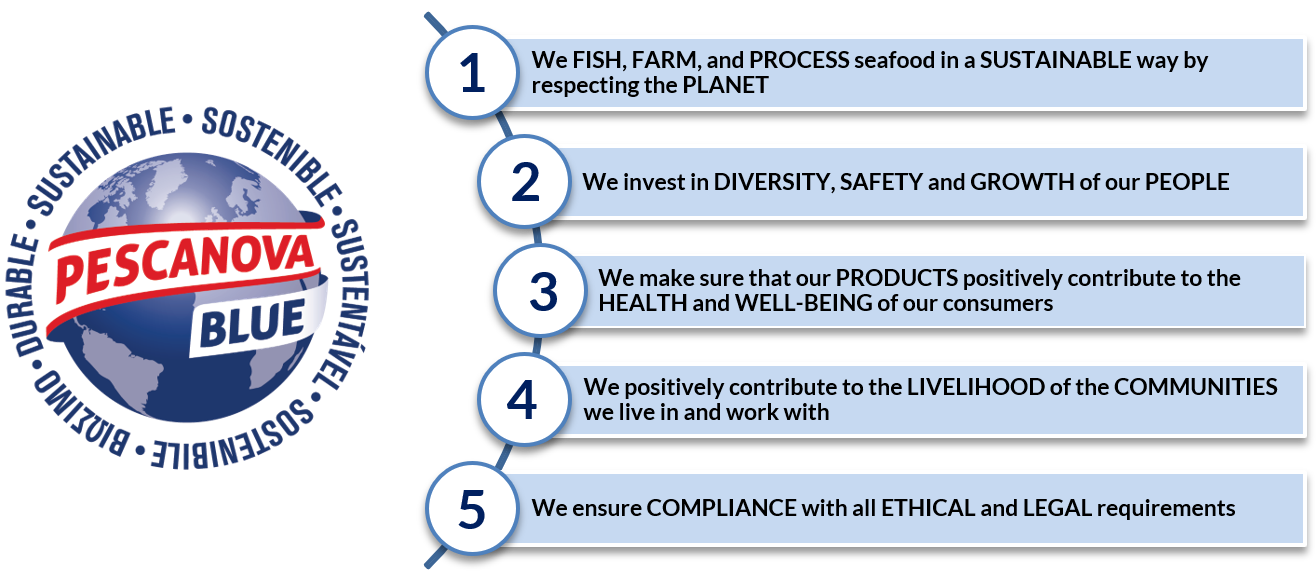
SUSTAINABLE SOURCING
Our goal is that 100% of the species that we fish, farm, or buy must have evidence of sustainable origin and be processed responsibly, thus complying with the 1st principle of sustainability: “We fish, farm, and process seafood in a sustainable way by respecting the planet”.
LABOUR RESPONSIBILITY
Our goal is that 100% of the staff of the Nueva Pescanova Group’s companies must benefit from legal, fair, and decent employment, formalized and verifiable by a valid employment contract that is in accordance with the applicable legislation, with the implementation of appropriate plans for talent management, diversity and equality, recruiting, occupational health and safety, and professional training and development, with the respective documented evidence, thus complying with the 2nd principle of sustainability: “Diversity, safety, and the personal and professional growth of our employees”.
PRODUCT EXCELLENCE
Our goal is that 100% of the products marketed under the PESCANOVA brand must have some beneficial effect on the health of the consumers, like the presence of healthy fatty acids (such as omega 3, EPA and DHA), proteins of high biological value, vitamins (e.g., B12, B3, D, E, or A), minerals (e.g., phosphorus, selenium, zinc, iron, copper, iodine, magnesium, potassium, or calcium), contain ingredients with known positive effects on human health, and, lastly, the continuous improvement of the formulations of our food products (e.g., low-fat, low-salt, gluten-free, lactose-free, etc.); while minimizing or completely avoiding the nutrients to be limited, to the extent possible: total fat, saturated fat, trans fat, sugars, or salt; all of these with strict compliance of the applicable legislation on quality and food safety to consumers, and standards on food safety and quality in food handling or processing, by means of an internationally recognized certificate, which may be referred to on the label and/or packaging, thus complying with the 3rd principle of sustainability: “Our products contribute positively to the health and well-being of our consumers”.
MORE PROSPEROUS COMMUNITIES
Our goal is that 100% of the communities where we operate must benefit from projects involving knowledge transfer, job creation and job stability, investment in assets or infrastructure, or social work, with the corresponding documentation in the form of an annual report or the equivalent, thus complying with the 4th principle of sustainability: “We improve the quality of life of the communities in which we live and work”.
ETHICAL AND INTEGRAL BEHAVIOR ALIGNED WITH OUR OBLIGATIONS AND OBJECTIVES OF REGULATORY COMPLIANCE
Our goal is full compliance with the legislation that is applicable to each place in which our activities take place and the provisions in our Corporate Governance and Compliance Requirements System, which, on many occasions go beyond simple legal compliance, establishing higher standards and, observing the 5th principle of sustainability: “We comply with all ethical and legal requirements”.
Sustainability evidence
The system for recognizing evidence of sustainability for the raw materials of Pescanova seafood products highlights those sustainable raw materials that, in accordance with our ‘Pescanova Blue’ Sustainability Program, evidence compliance with one of the following options:
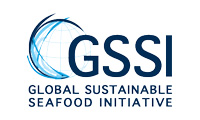
Type I – Third party audit certificates from private fisheries or aquaculture sustainability schemes (ecolabels) that comply with the FAO responsible fishing principles as benchmarked by the Global Sustainable Seafood Initiative (GSSI).
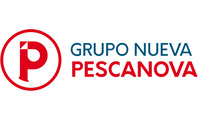
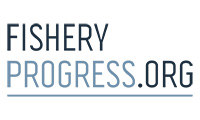
Type III – Complementary actions for fishery or aquaculture sustainability, such as comprehensive and credible fishery improvement projects (FIP) or aquaculture’s (AIP) managed and documented in a transparent and appropriate way.
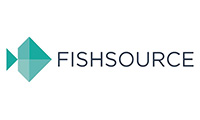
Type IV – Compliance with the evaluation criteria for fisheries performance following globally accepted sustainability measures according to the FishSource scientific profiles platform.



